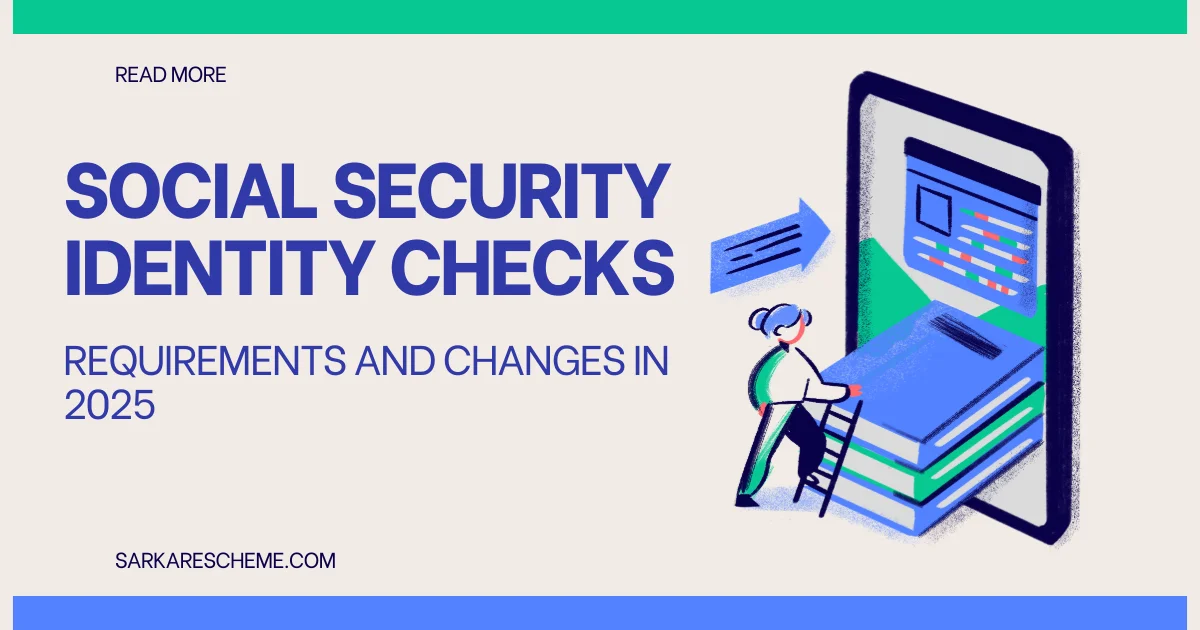Gorlock the Destroyer: The Meme, The Meaning & The Message Behind the Internet's Viral Sensation
Introduction
The internet is no stranger to overnight sensations, and in 2025, few memes have made waves quite like Gorlock the Destroyer. From TikTok stitches to Reddit threads and reaction memes across X (formerly Twitter), Gorlock the Destroyer has become a modern symbol of how quickly online culture evolves. But behind the laughs and viral videos lies a much deeper conversation about internet behavior, body shaming, meme ethics, and public perception. In this blog, we unpack the rise of Gorlock the Destroyer, where it came from, and what it really says about us.
Origin of the Meme: Where Did Gorlock the Destroyer Come From?
The term Gorlock the Destroyer stems from a clip from a podcast where a controversial guest was nicknamed in jest due to her appearance and behavior. The exaggerated fantasy-style nickname went viral due to its absurdity and meme-ability. The name, sounding like something out of a Dungeons & Dragons campaign, quickly caught the attention of meme communities for its dramatic flair and use in visual edits, fan art, and satire.
While it started as a joke, the term soon spread across platforms, becoming more than a name—it became a character that the internet began to animate, remix, and reinterpret.
The Viral Impact: Why the Internet Loves Exaggeration
The popularity of Gorlock the Destroyer highlights a recurring trend in meme culture: the love for exaggerated caricatures. The more dramatic the name, the more likely it is to resonate with audiences who thrive on humor that borders the surreal. But beyond the fun, there's an important takeaway—the ease with which the internet can turn a person into a meme without consent or context.
Meme culture thrives on relatability, satire, and exaggeration. However, this also opens the door for ridicule and body-shaming, especially when real individuals are the subject. This phenomenon shows how quickly a label like Gorlock the Destroyer can detach from its origin and take on a life of its own, for better or worse.
Public Reaction: Humor or Harm?
While millions found the meme hilarious, others raised ethical concerns. Is it okay to laugh at someone just because the internet gives them a fantastical nickname? Social media is quick to polarize, and in the case of Gorlock the Destroyer, it sparked meaningful conversations about body image, online bullying, and meme accountability.
Experts in digital culture have pointed out that memes like this reinforce societal biases and can cause emotional harm. A 2023 study from Pew Research Center found that 36% of viral meme subjects reported long-term social or emotional consequences.
What We Can Learn from Gorlock the Destroyer
This meme teaches us three key things:
-
Virality is unpredictable – Almost anything can become a trend, even unintentionally.
-
Humor walks a fine line – Laughs should not come at the expense of human dignity.
-
Be conscious of meme participation – Think before you share or remix; you may be contributing to a larger harm.
As audiences, we hold power in how far a meme spreads and how it’s perceived. Being mindful doesn't mean canceling fun—it means elevating the standard of online engagement.
Conclusion: The Legacy of Gorlock the Destroyer
Gorlock the Destroyer started as a viral punchline, but it now serves as a lens into how we engage with online personalities, memes, and digital ethics. It reminds us that behind every meme is a person, a story, or a deeper cultural reflection. Whether you laughed, cringed, or questioned it, this internet phenomenon invites us to do better, think deeper, and meme more responsibly.
FAQs
Ques: What does "Gorlock the Destroyer" mean?
Ans: It's a humorous and exaggerated nickname given to a podcast guest that went viral, symbolizing an internet-created character that blends fantasy with satire.
Ques: Is Gorlock the Destroyer based on a real person?
Ans.Yes, it originated from a real podcast guest. The term was coined jokingly and later turned into a viral meme, which has sparked debates about online shaming and meme culture.



Comments
Post a Comment